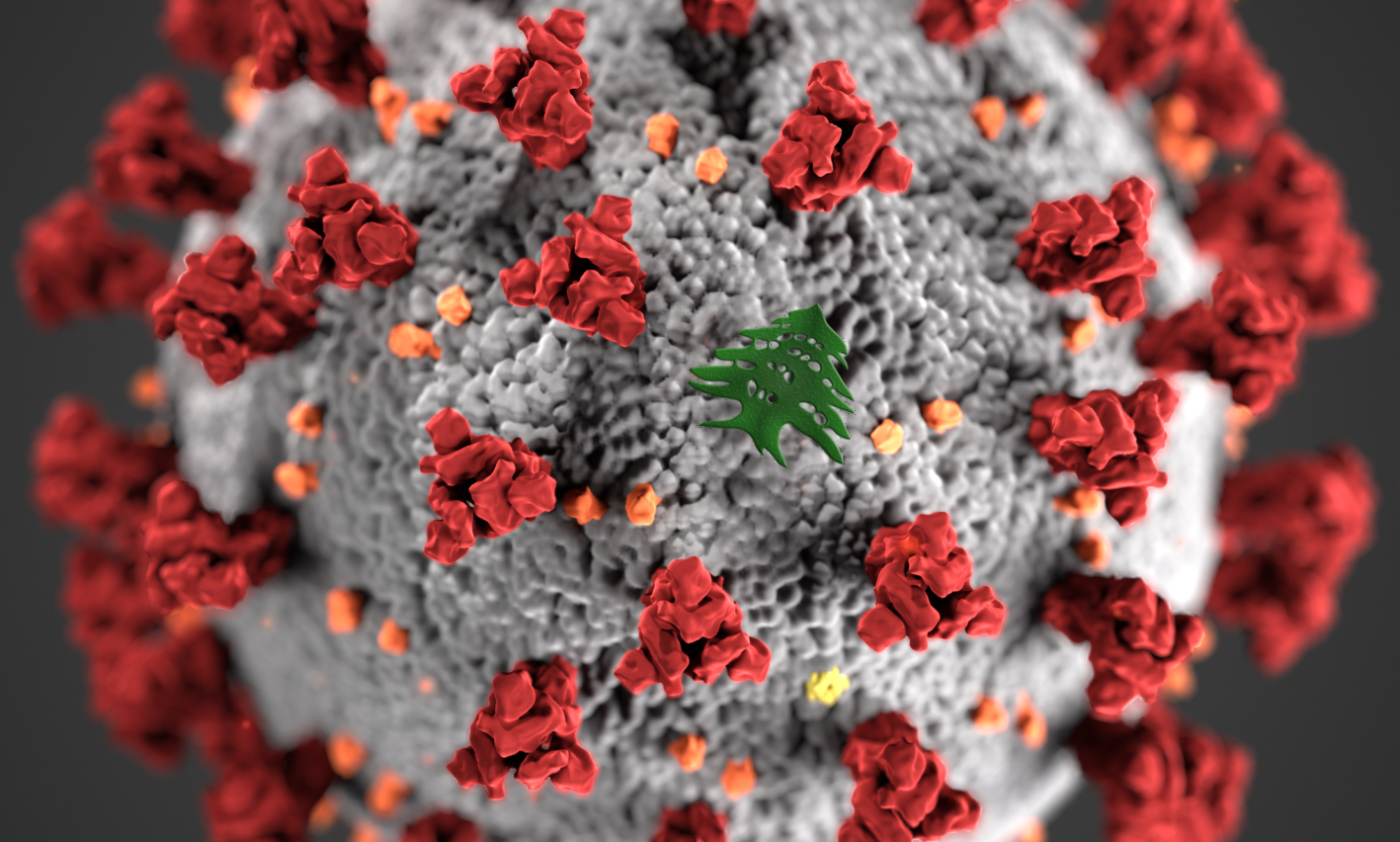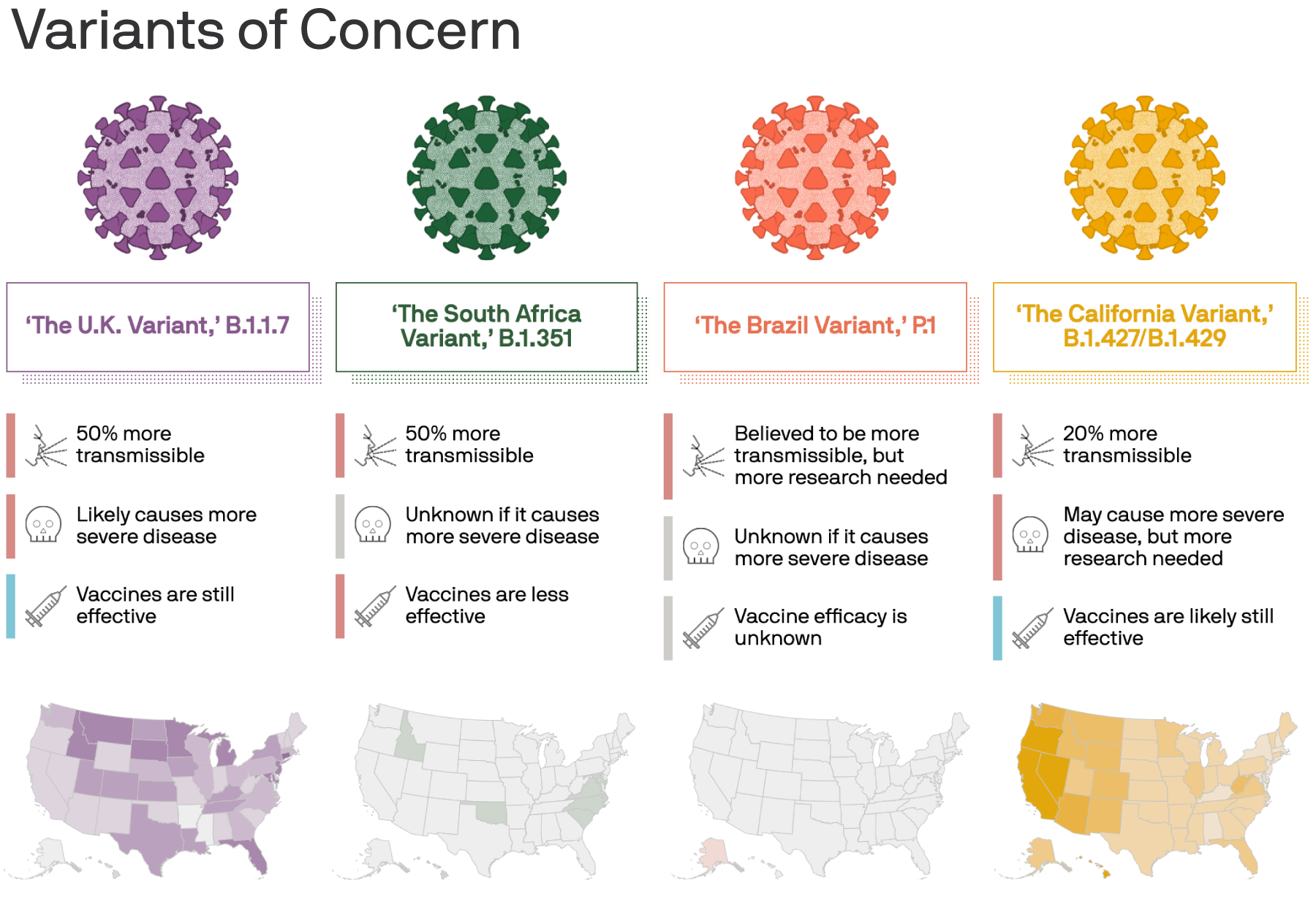Covid Variant Statistics and Epidemiology

Covid variants have emerged and spread globally, significantly impacting the pandemic’s trajectory. Understanding their prevalence, contributing factors, and implications is crucial for effective public health measures.
The emergence of new COVID variants continues to pose challenges, especially in countries with high population density. In Brazil and Mexico , for example, the spread of the Omicron variant has led to a surge in cases and strained healthcare systems.
Despite vaccination efforts, the evolving nature of the virus highlights the need for ongoing vigilance and adaptation in our response to the pandemic.
The World Health Organization (WHO) tracks the prevalence of Covid variants, categorizing them as Variants of Concern (VOCs), Variants of Interest (VOIs), and Variants Under Monitoring (VUMs). Currently, the Omicron variant and its sub-lineages dominate globally, with significant regional variations in prevalence.
The emergence of new COVID variants has sparked concerns about their potential impact on public health. One such variant, known as the “Solomon Choi 16 Handles” variant, has garnered attention due to its unique characteristics. Learn more about the Solomon Choi 16 Handles variant and its implications for ongoing efforts to contain the spread of COVID-19.
Factors Contributing to Variant Emergence and Spread
- Viral Evolution: The virus naturally mutates over time, leading to the emergence of new variants.
- Immune Pressure: Variants can arise to evade existing immunity from vaccination or previous infection.
- Geographical Spread: Travel and population movement contribute to the spread of variants across regions.
Impact of Variants on Transmission Rates, Severity of Illness, and Vaccine Effectiveness
- Transmission Rates: Some variants, such as Omicron, have shown increased transmissibility, leading to faster spread.
- Severity of Illness: While some variants may be more transmissible, their impact on disease severity can vary.
- Vaccine Effectiveness: Variants can affect the effectiveness of vaccines, although updated vaccines and boosters can provide continued protection.
Public Health Measures and Mitigation Strategies: Covid Variant

To combat the spread of COVID-19 variants, public health authorities have implemented a range of measures aimed at reducing transmission and protecting vulnerable populations. These measures include social distancing, mask-wearing, and vaccination.
Social Distancing
Social distancing involves maintaining a physical distance between individuals to minimize the risk of contact with respiratory droplets that may contain the virus. This measure is particularly effective in reducing the spread of variants that are more transmissible, such as the Delta variant.
Mask-Wearing
Mask-wearing creates a barrier between the wearer and the environment, reducing the likelihood of inhaling or exhaling respiratory droplets that may contain the virus. Masks are particularly effective when worn in crowded or indoor settings where social distancing may be difficult to maintain.
Vaccination
Vaccination is the most effective way to protect against severe illness, hospitalization, and death from COVID-19, including variants. Vaccines work by stimulating the immune system to produce antibodies that recognize and neutralize the virus. Vaccination has been shown to be highly effective in reducing the spread of variants, including the Delta and Omicron variants.
Clinical Management and Treatment Options
Covid variants have diverse clinical presentations and management approaches. Treatment strategies vary depending on the variant’s characteristics and the patient’s condition.
Antiviral Therapies, Covid variant
Antiviral therapies are crucial in managing Covid variants. They target specific viral mechanisms to inhibit replication and reduce viral load. Examples include remdesivir, molnupiravir, and paxlovid.
Monoclonal Antibodies
Monoclonal antibodies are laboratory-produced proteins that mimic the immune system’s response to the virus. They bind to specific viral proteins, neutralizing their infectivity. Examples include bamlanivimab, etesevimab, and sotrovimab.
Emerging Treatments
Research continues to explore novel treatments for Covid variants. These include protease inhibitors, which target viral enzymes essential for replication, and immune modulators, which enhance the immune response against the virus.
The emergence of new COVID variants has sparked global concern, with the world closely monitoring the situation. In this context, the upcoming match between Mexico and Brazil ( mexico vs brasil ) has garnered significant attention. As the pandemic continues to evolve, it is crucial for nations to remain vigilant and prioritize public health measures to mitigate the spread of the virus and its variants.
The new COVID variant has put a strain on our healthcare system, and many people are struggling to make ends meet. The government has recently announced a $600 increase in Social Security Disability Insurance (SSDI) benefits, which will provide much-needed relief to those who are unable to work due to a disability.
This increase will help people cover the costs of food, housing, and other essential expenses, and it will also help to stimulate the economy. As we continue to navigate the challenges of the COVID pandemic, it is important to remember that we are all in this together, and that we must support one another.
The emergence of new COVID variants has sparked concern worldwide. In Mexico and Brazil , these variants have raised questions about the effectiveness of current vaccines. Researchers are closely monitoring the situation, as these variants could potentially lead to increased transmissibility and disease severity.
It remains crucial to adhere to public health measures such as mask-wearing, social distancing, and vaccination to mitigate the spread of COVID-19 and its variants.